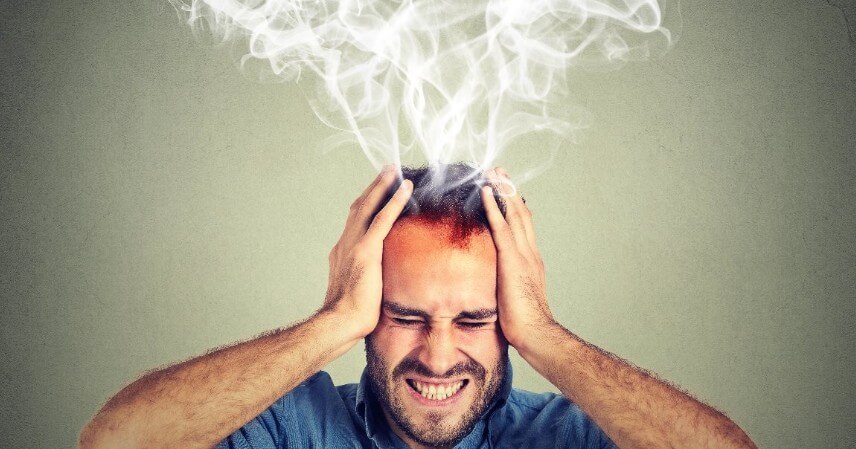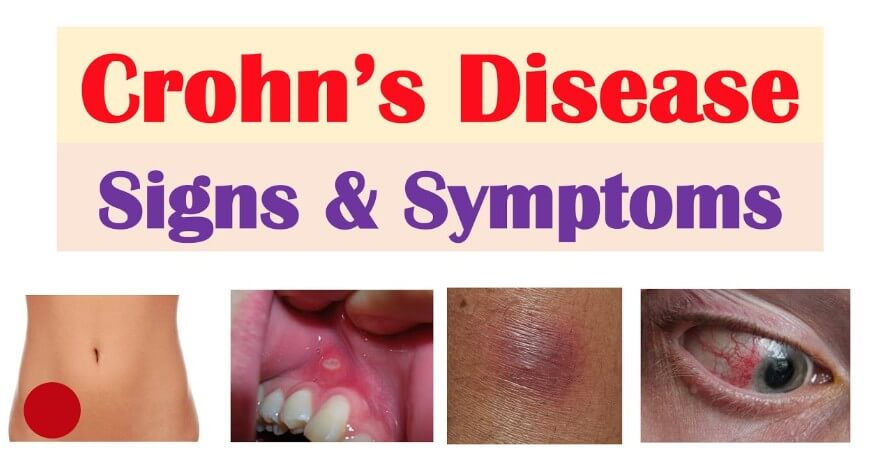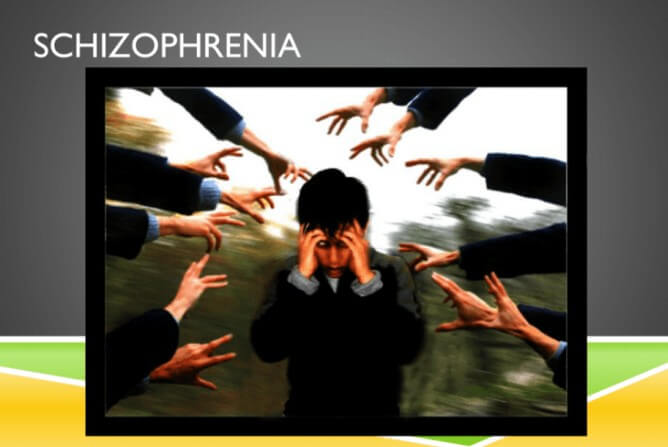Bipolar disorder is a mental illness that makes a person’s mood change a lot. Sometimes they feel very excited and full of energy (this is called mania or hypomania). Other times, they feel very sad and tired (this is called depression). These mood changes are stronger than normal ups and downs and can make it hard to do everyday things.
What Is Bipolar Disorder?
Bipolar disorder is a mental illness that lasts a long time and changes how a person feels and acts. It used to be called manic depression. People with Bipolar Disorder have mood swings. Sometimes they feel very happy and full of energy (this is called a manic episode). Other times they feel very sad and low (this is called a depressive episode). These mood swings are more severe than normal mood changes and can last for days, weeks, or even longer.
Types of Bipolar Disorder
There are several types of bipolar disorder. Each type involves mood swings, but the pattern and intensity can differ.
- Bipolar I Disorder: This type has very strong manic episodes that last a week or need hospital care. Depressive episodes also occur, typically lasting two weeks or more.
- Bipolar II Disorder: This type means feeling very sad sometimes and a little bit happy and energetic at other times. The highs are not as strong as in Bipolar I.
- Cyclothymic Disorder (Cyclothymia): In this type, a person has ups and downs with mild high and low moods. These mood changes last at least two years (or one year for children and teens). However, the symptoms don’t meet the full criteria for a bipolar or depressive episode.
Common Symptoms of Bipolar Disorder
Manic or Hypomanic Symptoms
During a manic or hypomanic phase, a person may feel very happy, full of energy, or easily annoyed. They may talk very fast, feel very powerful, need little sleep, or act recklessly.
Some common symptoms include:
- Feeling overly “high” or excited
- Having racing thoughts
- Talking more than usual
- Taking on lots of tasks or risky activities
- Needing little or no sleep
- Feeling unusually important or invincible
Depressive Symptoms
During the depressive phase, people often feel very sad, hopeless, or empty. These feelings can make it hard to work, sleep, eat, or enjoy life.
Symptoms may include:
- Feeling very down or hopeless
- Losing interest in favorite activities
- Sleeping too much or too little
- Eating too much or losing appetite
- Feeling tired or having low energy
- Having trouble thinking or concentrating
- Thoughts of death or suicide

What Causes Bipolar Disorder?
No one knows exactly what causes bipolar disease, but it may happen because of a mix of things like:
- Genetics: Bipolar disorder often runs in families. If a close relative has it, there may be a higher chance of developing it.
- Brain Structure and Function: Brain scans have shown differences in the brains of people with bipolar disease. These differences may affect how the brain works.
- Environment: Stress, trauma, or big changes in life can cause mood problems in people who might get bipolar disorder.
- Chemical Imbalance: Brain chemicals called neurotransmitters help control mood. An imbalance may play a role in bipolar disorder.
When Does Bipolar Disorder Start?
Bipolar disorder usually begins in the late teens or early adult years, but it can also start in childhood or later in life. It affects both men and women, although some symptoms may differ. For example, women usually have more mood changes and sad feelings. Men often have more times feeling very excited or full of energy.
How Is Bipolar Disorder Diagnosed?
There is no single test for bipolar disease. A mental health doctor will ask you about how your mood changes, your sleep, your energy, and how you act. They may also ask about family history. In some cases, blood tests or physical exams may be done to rule out other conditions.
Bipolar disorder can seem like other problems, so it might take time to find out what it really is. Keeping a record of your moods, sleep, and activities can help your doctor understand what’s going on.
Living With Bipolar Disorder
Bipolar disorder lasts forever, but with help, many people live good and happy lives. Treatment usually includes a mix of medications and therapy, and sometimes lifestyle changes.
Medication
Medication is often the first step in managing bipolar disease. Different types of medications are used to help stabilize mood and reduce symptoms. Doctors often give mood stabilizers, like lithium, to help control the high and low moods. Sometimes, antipsychotic medicines are used if mood stabilizers don’t work well enough.
Sometimes, doctors give medicine for sadness, but they also give mood stabilizers to stop very high moods. It can take time to find the right medicines and doses. Regular doctor visits are important to check how things are going and make changes if needed.
Therapy
Talking with a therapist can be very helpful for understanding bipolar illness and learning how to manage mood swings. Several types of therapy can support people with this condition. Cognitive Behavioral Therapy (CBT) helps people notice and change negative thoughts that can affect how they feel.
Family-Focused Therapy includes family members to help improve communication and support. Interpersonal and Social Rhythm Therapy helps people keep a regular daily routine and sleep schedule. This therapy can reduce mood problems and help people feel better overall.
Lifestyle Tips for Managing Bipolar Disorder
Lifestyle changes can make a big difference when living with bipolar illness. One of the most helpful things you can do is follow a regular daily routine. Try to wake up, eat meals, and go to bed at the same time every day. Keeping a consistent schedule helps your body and mind stay balanced. Getting enough sleep is especially important because poor sleep can trigger mood episodes.
Exercise is another useful way to manage symptoms. Regular exercise gives you more energy, helps your mood, and lowers stress. It doesn’t have to be intense—even a short daily walk can help. Don’t use alcohol or drugs. They can stop your medicine from working and make you feel worse.
Managing stress is key to feeling better day to day. Try practicing relaxation techniques like deep breathing, meditation, or gentle stretching. Staying connected with others is also important. Talk to your friends and family, or consider joining a support group. Having people who care and understand you can really help your mental health.

Supporting Someone with Bipolar Disorder
Helping someone with bipolar disorder can make them feel better. The best things you can do are to be kind, patient, and ready to learn. Learning about manic depression helps you know how they feel and how to help when their mood changes. Show you care without judging, and remind them to take their medicine and go to therapy.
It’s also helpful to listen when they need to talk, without always trying to fix the problem. Sometimes, just being there is enough. You can help by reminding them to take their medicine and go to doctor visits. You can also support healthy habits like exercise and good sleep.
Learning the warning signs of manic or depressive episodes is also valuable. If you notice changes in their behavior or mood, you might be able to help them get support before things get worse. Being there for them in both good and tough times helps them feel supported and less alone.
Bipolar Disorder and Suicide Risk
People with bipolar disorder may think about or try to hurt themselves, especially when they feel very sad or confused. If you or someone you know is talking about suicide or feeling hopeless, seek help right away.
You can:
- Call a crisis line
- Talk to a trusted friend or family member
- Go to the nearest hospital
- Contact a mental health professional
Suicide is preventable, and help is always available.
Bipolar Disorder in Children and Teens
Bipolar disorder can happen in kids and teens, but it is often harder to notice. Young people may have mood swings that are different from adults. They might have periods of intense emotional outbursts, irritability, or risky behavior.
If you’re worried about your child’s mood or behavior, talk to a doctor. Starting treatment early can help kids handle their symptoms and stay healthier.
Myths and Misunderstandings About Bipolar Disorder
There are many myths about Bipolar Disorder that can lead to confusion or stigma. Let’s clear up a few:
- Myth: People with bipolar disorder are just moody.
- Fact: Bipolar disorder is a real mental illness that causes big mood changes and can make daily life hard.
- Myth: You can’t live a normal life with bipolar disorder.
- Fact: With treatment and support, many people manage their symptoms and thrive.
- Myth: Bipolar disorder only affects adults.
- Fact: It can also affect children and teens.
Fighting stigma and spreading awareness helps people feel more comfortable seeking help.
Final Thoughts
Bipolar disorder can be hard to deal with, but help is available and people can get better. Knowing the signs, seeing a doctor, and starting help early can really make things better.
If you or someone you know feels really happy or really sad a lot, or has trouble doing normal things, get help. With the right tools, people with bipolar disorder can lead balanced, fulfilling lives.
Read More: Insomnia Explained: Causes, Symptoms, and Effective Solutions for Better Sleep in 2025















svdjmoxhxvrhmsifohjpzyslusioyl
Thanks for your interesting article. One other problem is that mesothelioma cancer is generally a result of the inhalation of material from asbestos fiber, which is a very toxic material. It really is commonly observed among laborers in the construction industry who have long contact with asbestos. It is also caused by residing in asbestos insulated buildings for a long time of time, Your age plays an important role, and some folks are more vulnerable to the risk when compared with others.